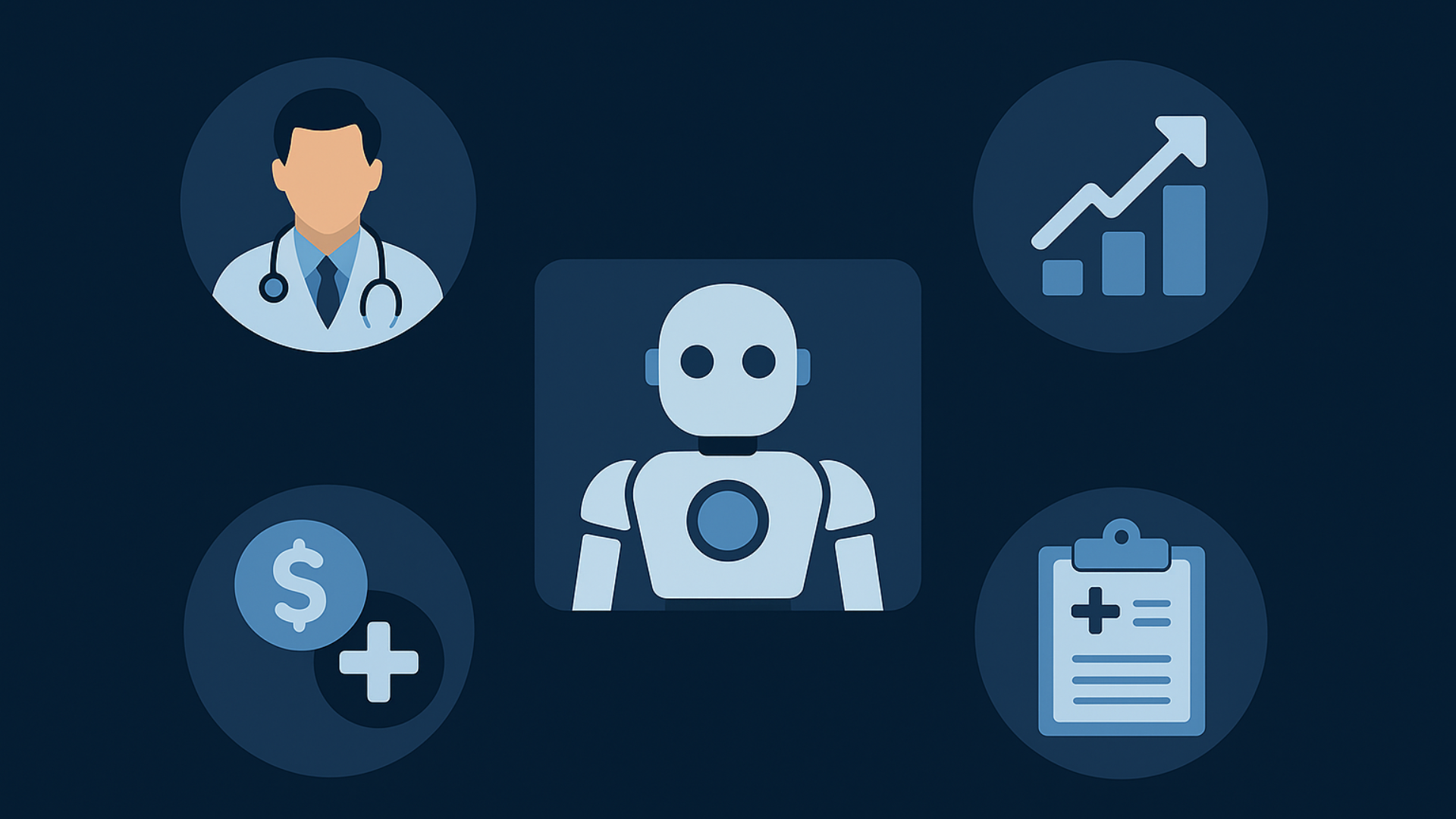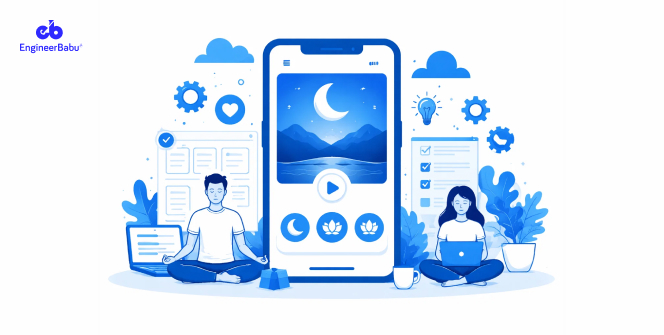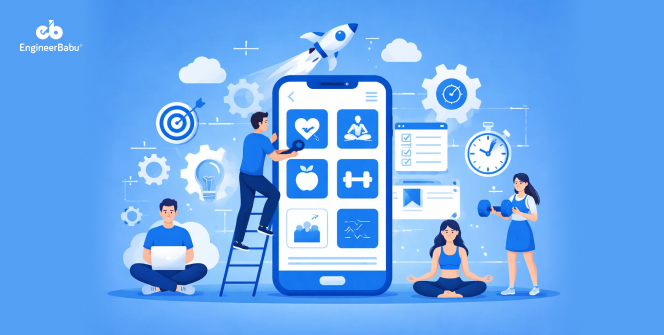While hospital systems and healthtech startups are eager to adopt AI, many quickly realize they’re not equipped to navigate the clinical, technical, and regulatory complexity involved. This is where the benefits of healthcare AI consulting become clear—building an AI model is one thing; getting it FDA-cleared, embedded in the EHR, trusted by clinicians, and compliant with HIPAA is a different game entirely.
That’s where healthcare AI consultants come in. These are not just data scientists or IT generalists—they’re cross-functional experts who understand how to align machine learning with clinical outcomes, patient safety, and enterprise goals.
They’ve helped companies deploy AI models that reduce hospital readmissions by 25%, streamline radiology workflows, and even predict sepsis up to 6 hours before onset—all while staying compliant and audit-ready.
Whether you’re building an AI-driven triage system, automating clinical documentation, or piloting a predictive analytics tool, AI consultants can de-risk your roadmap and accelerate delivery without compromising care quality.
Let’s break down the 10 key benefits of bringing a healthcare AI consulting partner on board.
10 Key Benefits of Healthcare AI Consulting
Accelerates Time-to-Market
In healthcare, speed matters—but so does safety. AI consultants help you move fast without breaking things by leveraging pre-built frameworks, proven development workflows, and regulatory best practices. Whether it’s integrating NLP into an EHR or deploying a radiology triage model, they’ve likely done it before—and know what pitfalls to avoid.
Instead of spending months figuring out your data pipeline, validation framework, or model deployment strategy, a seasoned AI consultant can help you ship your MVP in weeks, not quarters.
Ensures Regulatory and Compliance Readiness
AI in healthcare isn’t just a tech challenge—it’s a regulatory minefield. From HIPAA and GDPR to FDA 510(k) clearances, AI consultants guide you through the compliance maze with minimal friction. They help design your system with data privacy, audit trails, algorithm transparency, and documentation baked in.
Trying to retrofit compliance later can stall your go-to-market by months. A consultant helps you bake in governance from day one, so you’re ready for enterprise pilots, partnerships, and even clinical trials.
3. Tailors AI to Clinical Workflows
One of the biggest reasons AI fails in healthcare? It doesn’t fit into how clinicians actually work.
Healthcare AI consultants spend time with real users—doctors, nurses, technicians—to understand the on-the-ground workflows, pain points, and decision-making patterns. This allows them to design models that enhance, rather than interrupt, clinical routines.
The result? Higher adoption rates, better patient outcomes, and fewer abandoned pilots.
4. Improves Model Performance with Domain-Specific Tuning
General-purpose AI models often underperform in clinical settings because healthcare data is messy, imbalanced, and deeply contextual. A consultant can help tune models specifically for EHR data, DICOM images, pathology reports, or lab results—and align them with clinical guidelines and terminology (like SNOMED CT or LOINC).
This leads to more accurate predictions, fewer false positives, and results that clinicians actually trust.
5. Helps Build Explainable and Ethical AI
“Black box” AI doesn’t cut it in healthcare—especially when it’s influencing diagnoses, treatment decisions, or insurance coverage.
Healthcare AI consultants help ensure your models are not only performant but interpretable and bias-aware. They work with frameworks like LIME, SHAP, or counterfactual explanations to ensure your AI can be audited, challenged, and improved. They also help assess fairness across demographics to avoid disparities in care delivery.
Bridges the Gap Between Technical Teams and Medical Experts
One of the biggest challenges in healthcare AI projects is the disconnect between engineers and clinicians. Developers don’t always speak “clinical,” and doctors aren’t trained in data science. That’s a recipe for misunderstandings and misaligned solutions.
AI consultants serve as translators between both worlds. They understand how to turn clinical requirements into technical specifications—and vice versa. They facilitate stakeholder workshops, align project goals with clinical outcomes, and ensure that what’s being built actually solves real healthcare problems.
This cross-functional fluency is what often makes or breaks a successful deployment.
Saves Cost on Trial-and-Error Development
AI failures in healthcare are expensive. Building a model that doesn’t pass validation, lacks interoperability, or can’t be certified can set a company back hundreds of thousands of dollars in lost dev time and opportunity cost.
Consultants bring in domain-tested templates, pre-trained models, and validated development playbooks to minimize wasted effort. They also help you prioritize the most feasible use cases—so you’re not over-engineering for low-impact problems.
The result? You reduce experimentation cycles, avoid technical debt, and allocate your budget toward what actually moves the needle.
Guides Interoperability and System Integration
Even the best AI model is useless if it can’t connect to the rest of the health ecosystem.
Consultants help architect integration with EHRs (like Epic or Cerner), PACS, LIS, RIS, and other critical platforms. They ensure your solution supports FHIR, HL7 v2, DICOM, and CDA standards where needed—and advise on the best approach to data transformation, normalization, and secure exchange.
This kind of interoperability is not just a “nice to have”—it’s often the key to clinician adoption, payer reimbursement, and enterprise contracts.
Identifies Scalable Use Cases for ROI
Not every AI idea is worth building. Healthcare AI consultants help you identify and validate use cases that have clinical value, strong ROI potential, and organizational buy-in.
Whether it’s reducing no-show rates with predictive analytics or improving imaging throughput with triage algorithms, consultants use a data-driven framework to rank opportunities and recommend where to start. They also help define KPIs like reduced readmissions, improved diagnostic accuracy, or operational cost savings.
This ensures your AI initiative delivers measurable impact—not just cool demos.
Supports Change Management and Team Upskilling
AI doesn’t just change systems—it changes how people work. Without proper onboarding and training, even the best model won’t get used.
Healthcare AI consultants provide change management support, helping your team adjust to new workflows, interpret AI outputs, and build trust in automated decisions. They also assist in upskilling internal teams with training programs, playbooks, and process documentation so that your organization doesn’t stay dependent on external support forever.
This is how you go from a one-time pilot to a sustainable, scalable AI capability within your organization.
Conclusion
AI has the potential to transform healthcare—but only if it’s done right. The gap between technical possibility and clinical reality is wide, and most healthcare organizations don’t have the in-house experience to bridge it. That’s where healthcare AI consulting proves invaluable.
A seasoned consultant doesn’t just help you build a model—they help you build a solution that’s regulatory-ready, clinically relevant, interoperable, and scalable. They help you avoid expensive missteps, unlock real ROI, and most importantly, ensure your AI system enhances care rather than complicates it.
Whether you’re a startup looking to bring an AI-driven product to market or a health system aiming to modernize operations, investing in expert guidance can accelerate your success, reduce your risk, and create real impact where it matters most—patient outcomes.
FAQs
1. What does a healthcare AI consultant actually do?
A healthcare AI consultant provides end-to-end support—from AI strategy, model design, and clinical validation to compliance, deployment, and post-launch optimization. They act as a bridge between data science, clinical workflows, and regulatory requirements to ensure your AI system is effective and usable in real-world settings.
2. When should a healthtech company bring in an AI consultant?
Ideally, as early as possible—especially before starting development. Consultants can help define use cases, set up compliant data pipelines, and avoid building solutions that won’t scale or meet clinical needs. They’re also useful during pilot deployment, regulatory reviews, or system integration stages.
3. How do AI consultants help with compliance like HIPAA or FDA?
They guide the architectural and documentation decisions needed to meet HIPAA (for data privacy), GDPR (for data rights), and FDA guidelines (for AI-based medical devices or clinical decision support tools). This includes risk classification, algorithm transparency, audit trails, and data de-identification techniques.
4. Is hiring a consultant cost-effective for startups?
Yes—especially when compared to the cost of failed pilots, compliance fines, or rebuilding a solution from scratch. Consultants help prioritize the right problems to solve, reduce development cycles, and avoid expensive misalignment between your product and the healthcare ecosystem.
5. What kind of healthcare AI projects benefit most from consulting?
High-impact projects like predictive analytics, clinical decision support, medical imaging AI, natural language processing for EHRs, remote patient monitoring, and workflow automation often benefit most. Any use case involving sensitive data, clinical integration, or regulatory oversight should involve expert guidance.



